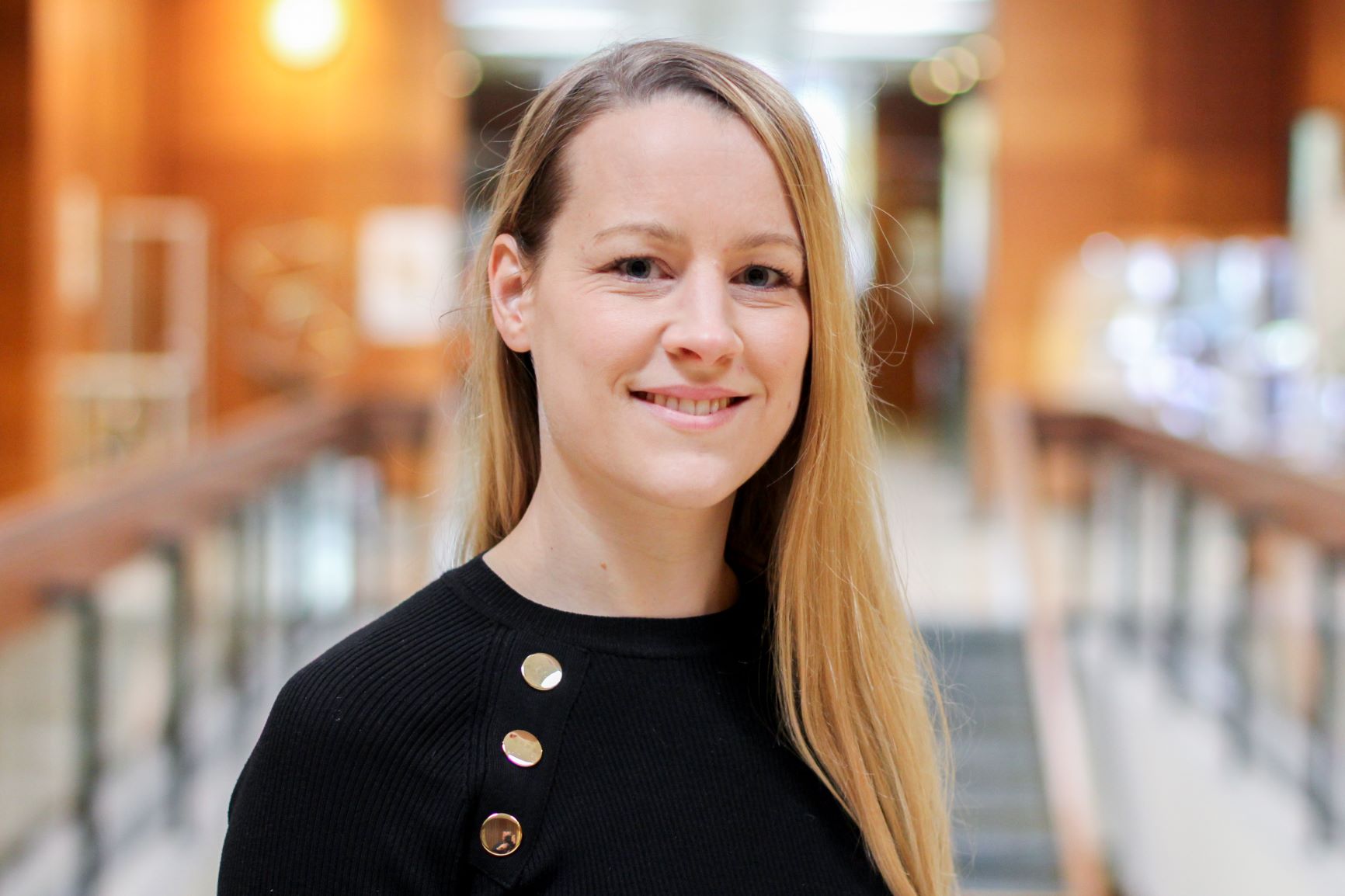Sublethal effects of novel insecticides on a beneficial parasitoid wasp and the implications for biological control
About the project or challenge area
Broad-spectrum chemical insecticides such as neonicotinoids are a major cause of beneficial insect declines globally. In response to this, bans and restrictions on neonicotinoid use have been implemented on a global scale in an attempt to reverse trends in insect biodiversity loss. This has led to a rise in the development of novel ‘bee-safe’ insecticides, including flupyradifurone, registered for use in the control of pest insects. Whilst these novel insecticides differ in their chemical class, they share the same mode of action as neonicotinoids, raising the question as to whether they have similar sub-lethal impacts on beneficial insects.
Parasitoid wasps of the genus Aphidius are beneficial insects in agroecosystems and play an important role in the biological control of cereal aphids; economically important pests that threaten the production of staple cereal crops including wheat, triticale, and barley. Employing wasps of the genus Aphidius and their aphid hosts as the study system, the proposed project will investigate non-lethal effects of novel insecticide exposure on these beneficial parasitoid wasps and their ability to perform natural biological control of cereal aphids.
About you
No specific skills are required in order to undertake this project. Full training and support on all aspects of work will be provided.
Bench fees
A bench fee of £1000 is required.
How to apply
All students can apply using the button below, following the Admissions Statement (PDF, 188kB). Please note that this is an advertised project, which means you only have to complete Section A of the Research Statement.
This project is not funded, for further details please use this link.
Before applying, we recommend getting in touch with the project's supervisors. If you are interested in this project and would like to learn more about the research you will be undertaking, please use the contact details on this page.
 Supervisor
Supervisor
Your supervisor for this project will be Dr Lucy Alford, in the School of Biological Sciences. Tel:+44 117 455 4862 or email lucy.alford@bristol.ac.uk.
 Supervisor
Supervisor
Your co-supervisor for this project will be Dr Harry Siviter in the School of Biological Sciences. Email harry.siviter@bristol.ac.uk
Find out more about your prospective research community
The Environmental Change theme is a vibrant community of researchers who integrate expertise across multiple disciplines to provide the evidence base and solutions to tackle the world's most pressing environmental challenges. Find out more about the Environmental Change research theme.